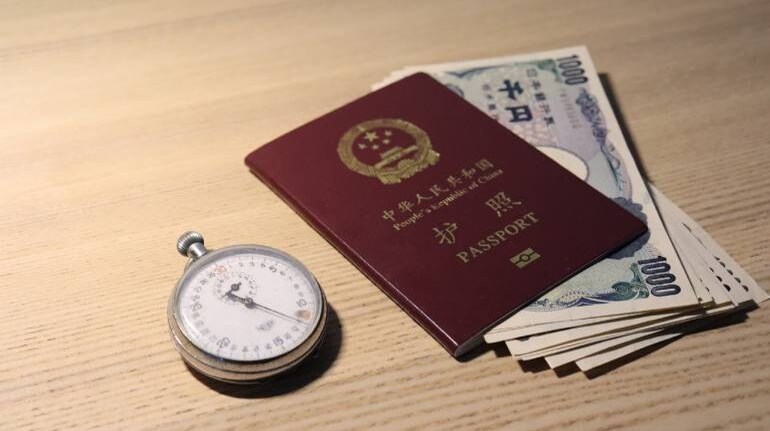



The United States Embassy in Delhi said on October 31 that the appointment wait time for some non-immigrant visa categories will get significantly longer due to COVID-19-related interruptions.
The US Embassy further said that starting November 8, nearly three million visa holders from India, who have been vaccinated against COVID-19, will be able to travel to the United States under the new international air travel policy.
It added: “Facilitating legitimate travel to support our strong and growing bilateral ties is our top priority. As we build back from COVID-19-related interruptions, we expect significant appointment wait times for some nonimmigrant visa categories at our Embassy and Consulates.”
Embassy officials thanked people for being patient while they worked to increase their capacity and maintain the safety of the applicants and staff as well.
Describing vaccination requirements to be allowed into the United States, the mission said that from November 8, all foreign nationals travelling by air must be fully vaccinated against COVID-19 and be able to furnish proof of vaccination before boarding the plane (with a few exceptions).
“The CDC (Centers for Disease Control and Prevention) has determined that for the purposes of entry into the United States, vaccines accepted will include those FDA approved or authorized, as well as vaccines with an emergency use listing (EUL) from the World Health Organization (WHO),” it said.
Follow our coverage of the coronavirus crisis here
(With PTI inputs)Discover the latest Business News, Sensex, and Nifty updates. Obtain Personal Finance insights, tax queries, and expert opinions on Moneycontrol or download the Moneycontrol App to stay updated!
Find the best of Al News in one place, specially curated for you every weekend.
Stay on top of the latest tech trends and biggest startup news.